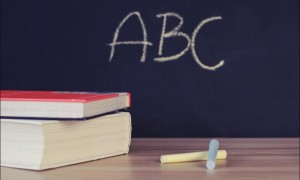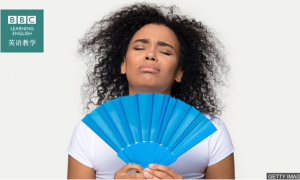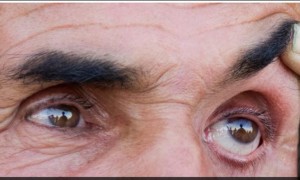端午节的起源与龙舟赛的传说
端午节源于纪念屈原的传说。这位爱国诗人投江后,百姓划船救他,后来演变为龙舟赛。英语中可用 'commemorate a poet'(纪念诗人)或 'hold a race in memory of'(为纪念...而比赛)描述。龙舟的英文 'dragon boat' 直译自中文,国际赛事中也保留这一名称。
龙舟赛中的核心动词短语
划桨动作对应 'row in sync'(同步划桨),鼓手指挥是 'set the pace'(定节奏)。比赛中常用 'gain speed'(加速)、'fall behind'(落后)等短语。这些动词短语也适用于其他运动场景,比如 'row a canoe'(划独木舟)。
从观赛到参与的实用表达
观众可以说 'The teams are neck and neck!'(队伍不分上下),参与者用 'paddle harder'(用力划)互相鼓励。颁奖时 'award medals'(颁发奖牌)和 'take the trophy'(赢得奖杯)是必备短语。这些表达也常见于奥运会报道中。
几个练习句子
The team members row the dragon boat together.
队员们齐心协力划龙舟。
The crowd cheers loudly for the racers.
观众们为选手们大声加油。
The captain steers the boat's direction.
船长指挥着船的方向。
They eventually overtake the opponents.
他们最终超越了对手。
Everyone high-fives to celebrate after the race.
比赛结束后大家击掌庆祝。
结论
通过端午节龙舟赛学习动词短语,既能掌握 'row', 'cheer', 'steer' 等实用词汇,又能了解中国文化。建议观看国际龙舟赛事英文解说,或尝试用这些短语描述其他体育比赛。传统节日与语言学习的结合,让记忆更生动深刻。







